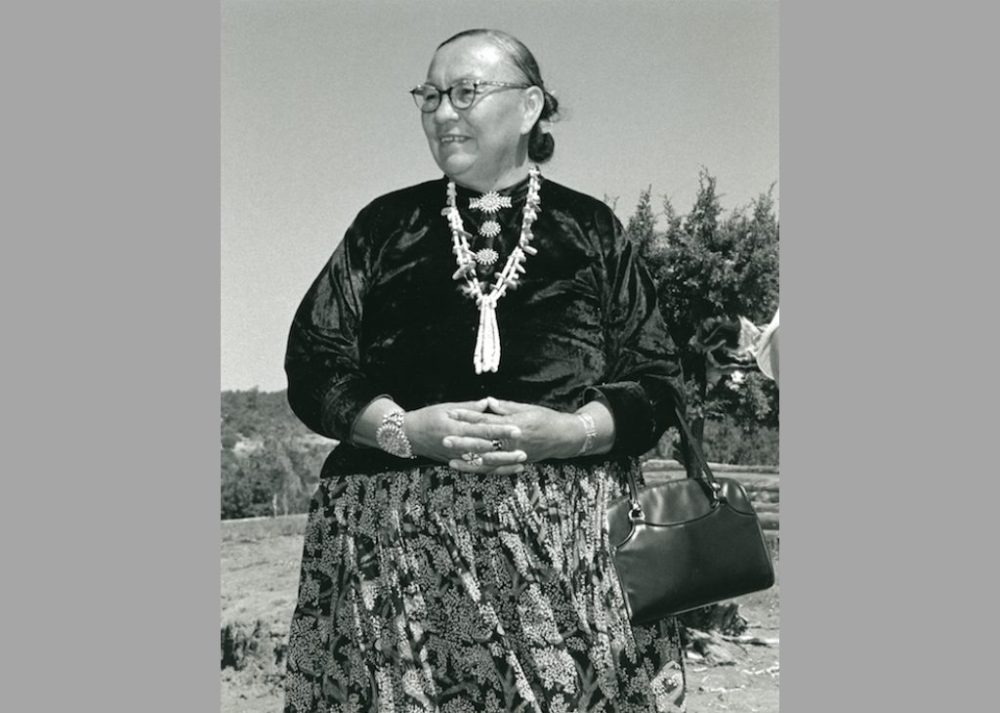
IPR is featuring research and some of the many Indigenous pioneers who have had an impact on the field of public relations in celebration of Native American Heritage Month.
Annie Dodge Wauneka was born on April 11, 1910, into the Tse níjikíní Clan of the Diné in Navajo nation. As a child, Wauneka lost thousands of her community members to an influenza epidemic and began to help medical workers care for victims.
She graduated from school and married George Wauneka. She then studied public health and advocated for the health and welfare of the Navajo Nation. In 1952, Wauneka ran for and became the second woman ever elected to Tribal Council, with the intention to change the standards of health and sanitation among tribal members.
During her three terms in office, Wauneka authored an English-Navajo medical dictionary to help doctors and patients communicate, educated and fought against tuberculosis, and gave regular radio broadcasts in Navajo to share health and welfare information. Waunkena served on advisory boards to the U.S. Surgeon General and the U.S. Public Health Service. In 1963, Wauneka became the first Native American to receive the Presidential Medal of Freedom and was designated as the “The Legendary Mother of the Navajo Nation” by the Navajo Council in 1984.
Wauneka dedicated her life to helping Indigenous people access modern medicine without sacrificing traditional cultural values and helped improve housing and sanitation conditions amongst her tribe. She died in 1997.
References:
Annie Dodge Wauneka (U.S. National Park Service)
National Women Hall of Fame: Annie Dodge Wauneka



